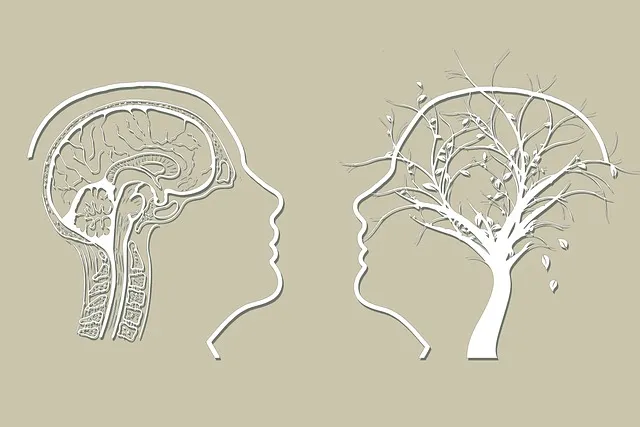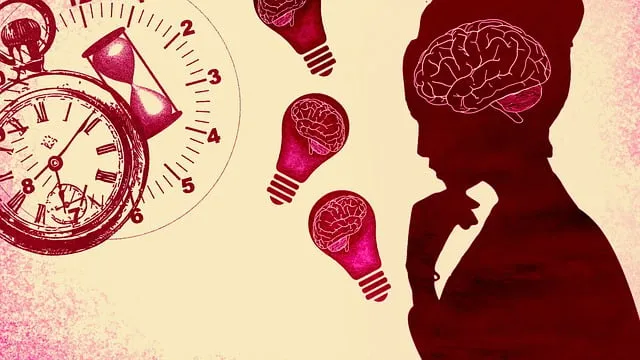Aurora Kaiser Permanente's comprehensive mental health coverage tackles stigma through therapy, online counseling, community outreach, and education to encourage early intervention, self-awareness, and resilience in diverse communities.
Mental illness stigma remains a significant barrier to individuals seeking much-needed support. This article explores targeted efforts to reduce this societal burden, focusing on understanding the roots of stigma and its impact on help-seeking behaviors. We highlight innovative initiatives like Aurora Kaiser Permanente’s expanded mental health coverage, which offers comprehensive support in diverse settings. Additionally, we discuss community engagement strategies that break down stereotypes, fostering a more inclusive environment where individuals feel empowered to prioritize their mental well-being.
- Understanding Stigma: Barriers to Seeking Help
- Aurora Kaiser Permanente: Expanding Mental Health Support
- Community Engagement: Breaking Down Stereotypes
Understanding Stigma: Barriers to Seeking Help

Stigma surrounding mental illness often acts as a significant barrier to individuals seeking help and support. Many people struggling with conditions like depression or anxiety fear judgment, discrimination, or even loss of privacy when reaching out for assistance. This internalized stigma can be deeply detrimental, leading those in need to isolate themselves instead of pursuing treatment options available through organizations such as Aurora Kaiser Permanente, which offers comprehensive mental health coverage. By removing the associated stigma, individuals are more likely to recognize their symptoms and take proactive measures towards recovery, whether that involves therapy, medication, or building resilience through positive thinking exercises.
Efforts to reduce this barrier must focus on raising awareness about mental health issues and promoting understanding. Education plays a crucial role in breaking down misconceptions, fostering empathy, and encouraging early intervention. Initiatives aimed at Depression Prevention can significantly impact overall well-being by teaching individuals how to recognize signs of distress and seek appropriate care before symptoms escalate. Resilience Building programs can also empower people to cope with challenges more effectively, reducing the likelihood of developing severe mental health issues in the first place.
Aurora Kaiser Permanente: Expanding Mental Health Support

Aurora Kaiser Permanente is making significant strides in expanding mental health support for its members and the broader community. They recognize that addressing mental illness requires a comprehensive approach, encompassing both access to quality care and fostering positive thinking. By integrating specialized mental health services into their existing healthcare infrastructure, they aim to reduce the stigma associated with seeking help.
The organization encourages self-awareness exercises and inner strength development as essential tools for managing mental well-being. Their initiatives include increasing availability of therapists, offering online counseling options, and promoting community outreach programs. Through these efforts, Aurora Kaiser Permanente strives to create a more inclusive environment where individuals feel empowered to prioritize their mental health, mirroring a positive shift towards greater understanding and acceptance in society.
Community Engagement: Breaking Down Stereotypes

In many communities, mental illness remains a subject shrouded in mystery and misunderstanding. This stigma often stems from stereotypes perpetuated by media and societal narratives. To counter this, engaging the community is a powerful strategy. By organizing awareness campaigns, workshops, and support groups, Aurora Kaiser Permanente aims to demystify mental health issues. These initiatives encourage open dialogue, fostering an environment where individuals feel comfortable discussing their experiences without fear of judgment.
Community engagement also involves educating local healthcare providers through Cultural Competency Training. This training equips them with the knowledge and skills to offer empathetic care tailored to diverse populations. Additionally, Crisis Intervention Guidance and effective Communication Strategies are integral parts of these efforts, ensuring that everyone involved—from patients to first responders—is equipped to handle mental health crises with sensitivity and professionalism.
Mental illness stigma reduction is a multifaceted approach, as demonstrated by initiatives like Aurora Kaiser Permanente’s expanded mental health support and community engagement programs. By removing barriers to seeking help and fostering open conversations, we can create an environment where individuals feel empowered to access the care they need. Initiatives such as these not only enhance mental well-being but also strengthen communities, ultimately leading to a more inclusive and understanding society for all. Additionally, Aurora Kaiser Permanente’s commitment to comprehensive mental health coverage ensures that resources are accessible to those who need them most.






